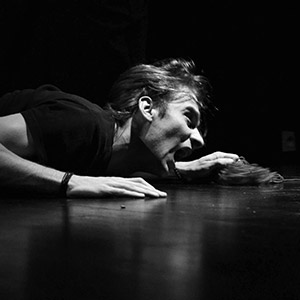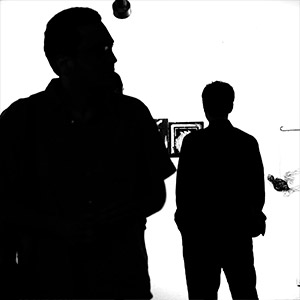Programmes include teaching and extracurricular activities which prepare students to creatively perform in chamber ensembles and orchestras, lead the career of an instrumental (or vocal) soloist, and through special pedagogical and psychological subjects – work in pedagogic institutions. The main subjects: Instrument; Chamber Music; Methodology of Teaching Instrument; Orchestral Parts; Orchestra…
Programmes include teaching and extracurricular activities which prepare students to creatively perform in chamber ensembles and orchestras and through special pedagogical and psychological subjects to work in pedagogic institutions.
- Violin
- Viola
- Violoncello
- Double bass
- Flute
- Clarinet
- Oboe
- Horn
- Trumpet
- Trombone
- Saxophone
- Bassoon
- Tuba
The programme includes curricular and extracurricular activities which prepare students to independently and creatively express themselves in the field of music composing within various genres and forms of music as well as different media of expression (classical instruments, electronic music…). Through special pedagogic and psychological subjects, students are enabled to work in pedagogical institutions and can teach the following subjects: Counterpoint, Harmony and Musical Form or can work in media houses.
The main subjects: Music Composition, Applied Music, Music Technology, Orchestration, Musical Analysis, History of the 20th Century Music.
The programme includes curricular and extracurricular activities which prepare students to work in pedagogical institutions (predominantly to teach subjects such as Music in primary and secondary schools as well as Solfeggio and Theory of Music) and also to work in choir ensembles.
Main subjects: Solfeggio; Methodology of Solfeggio Teaching; Methodology of Teaching Music; Methodology of Teaching Vocational Subjects; Vocational Training; Choral Conducting and Practicum; Choir; Choral Scores.
The programme includes curricular and extracurricular activities which prepare students for creative interdisciplinary approach to the scientific work in which music and the phenomena associated with it are correlated with the accomplishments and the results of other sciences (sociology, psychology, history of art, history of literature, theology, aesthetics, philosophy etc.). Through special pedagogical and psychological subjects, students are trained to work in pedagogical institutions and can teach the following subjects: History of Music, Counterpoint, Harmony and Musical Form; or they can work in media houses and other cultural institutions.
Main subjects: History of Music; Introduction to Musicology, Aesthetics, Philosophy of Art; Musical Analysis; Ethnomusicology.
The programme includes teaching and extracurricular activities which prepare students for a creative interdisciplinary approach to the scientific work in which musical folklore and the phenomena associated with it are correlated with the achievements and results of other sciences such as ethnology, sociology, psychology, history of literature, etc. Through special pedagogical and psychological subjects, students are also trained to work in pedagogical institutions where they can teach the following subjects: Music folklore, Counterpoint, Harmony and Musical Form, or they can work in media houses and cultural institutions.
Main subjects: Ethnomusicology; Ethnocoreology; Ethnology; Ethnomusicological Practice; History of Music.





